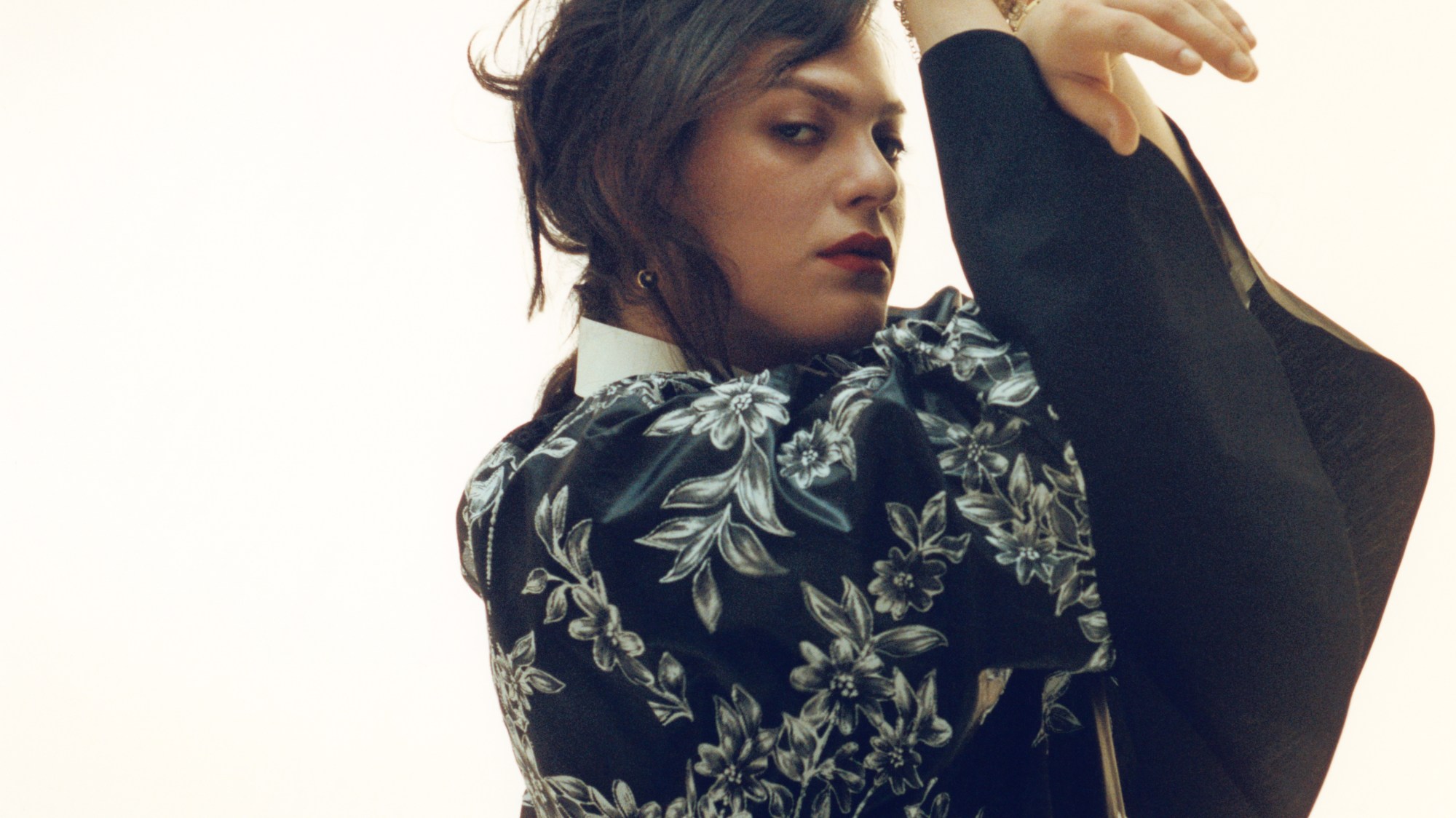This article originally appeared in The Radical Issue, no. 351, Spring 2018.
“Opera manages to connect human emotions through sound. It’s not just a noise,” Daniela Vega says, clinking a china teacup for emphasis. “Opera is sublime. It turns sound into poetry.” Daniela might be drawing in the plaudits as an actress right now, but opera is her first, deepest, and most passionate love.
Art has guided Daniela throughout her life; from opera as a child, to pop as a teenager, to an enduring love of traditional South American music, to her fascination with classic cinema. Her look is golden era Hollywood femme fatale meets iconic Latina, drawing influence from icons like Marilyn, Audrey and Peruvian songbird Yma Sumac. “She had the capacity of going through all the notes on the piano from the lowest to the very highest, very fast,” our one woman Wikipedia explains of Yma. “She’s very, very famous!” 28-year-old Daniela is on her way to becoming very, very famous too, for her leading role in the Oscar-nominated A Fantastic Woman, Sebastián Lelio’s brilliant, enigmatic trans love story, which finally hits UK cinemas on the 2nd of March.
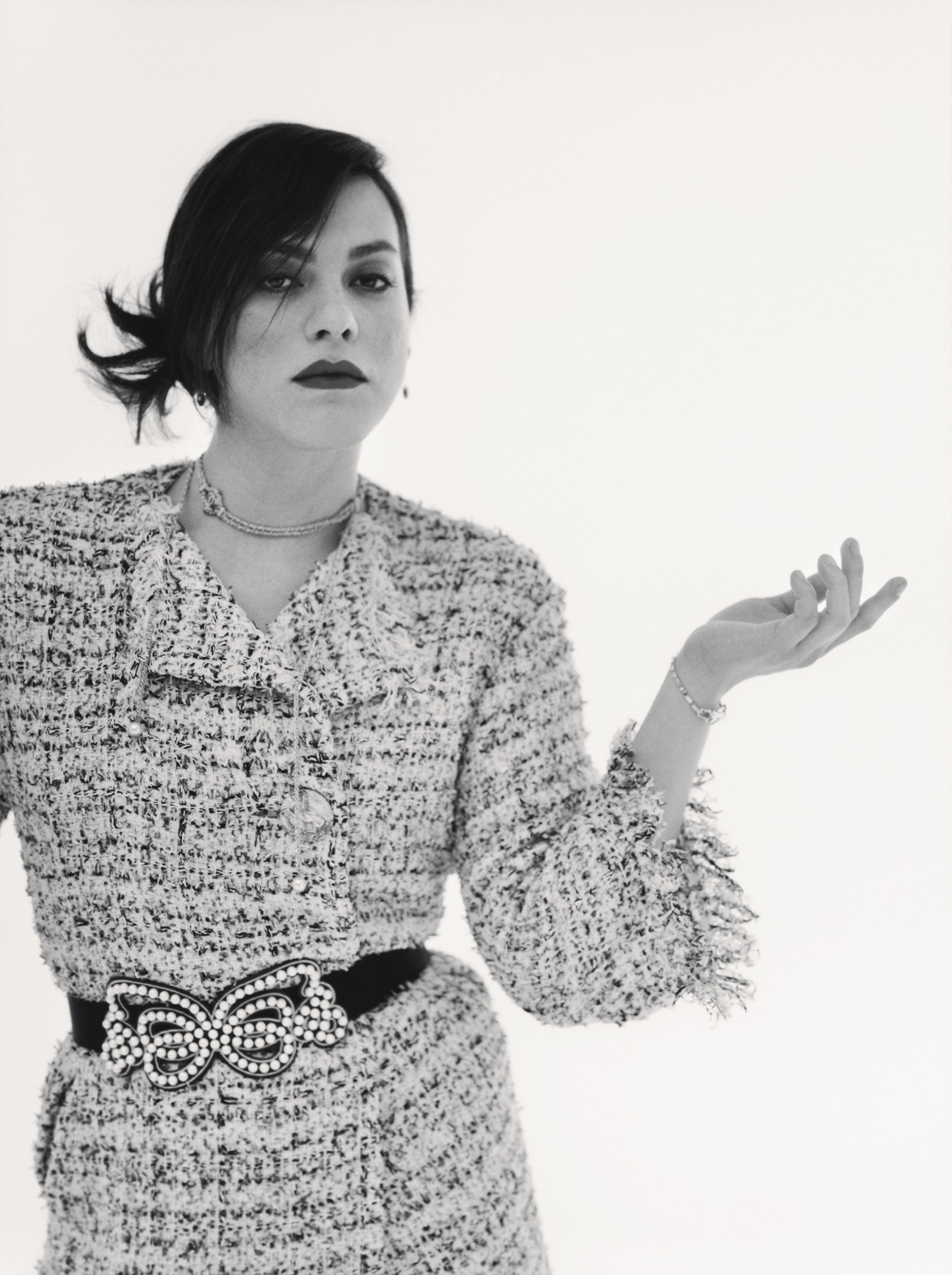
Celebrated on the international film festival circuit over the last year, A Fantastic Woman is a rare instance of a trans character being played by a trans actor. Daniela took on the role of Marina, a trans woman involved in a romance with Orlando, an older cis man. When he suffers an aneurysm and suddenly dies, their previously private relationship becomes everyone else’s business.
The tragedy puts Marina in the spotlight, harried by a world that can’t or won’t understand her. A doctor at the hospital questions Marina’s gender identity. Police suspect foul play in Orlando’s death and his son brutally ejects her from his father’s flat. Orlando’s ex-wife confronts her about the affair.
“We’re all survivors of ourselves and others at a certain point in our lives.”
Throughout, Marina’s responses morph and evolve. She panics at the hospital. Coolly absorbs the ex-wife’s ridicule. Is all rage and wrath at the idiot son, stamping on the roof of his hatchback (the most entertaining version of Marina, obviously). “In a way the story is haunting Marina,” Daniela says. “Marina and Orlando’s story is inconclusive and is told by the rest of the characters. Orlando’s death is one of the earliest scenes in the film, and yet you learn from Sonya, his former wife, that she’s been trying to imagine Marina for a year.”
At once a romance and a ghost story, A Fantastic Woman is a remarkably fluid film, as it weaves real life into with terrific flights of imaginative fancy. Marina suffers interrogation, condescension and intimidation, but also stars in an imagined music video and experiences a gust of wind so fierce, she is stuck to the spot. In this regard, the film owes a debt to Pedro Almodóvar, of whom Daniela is a big fan.
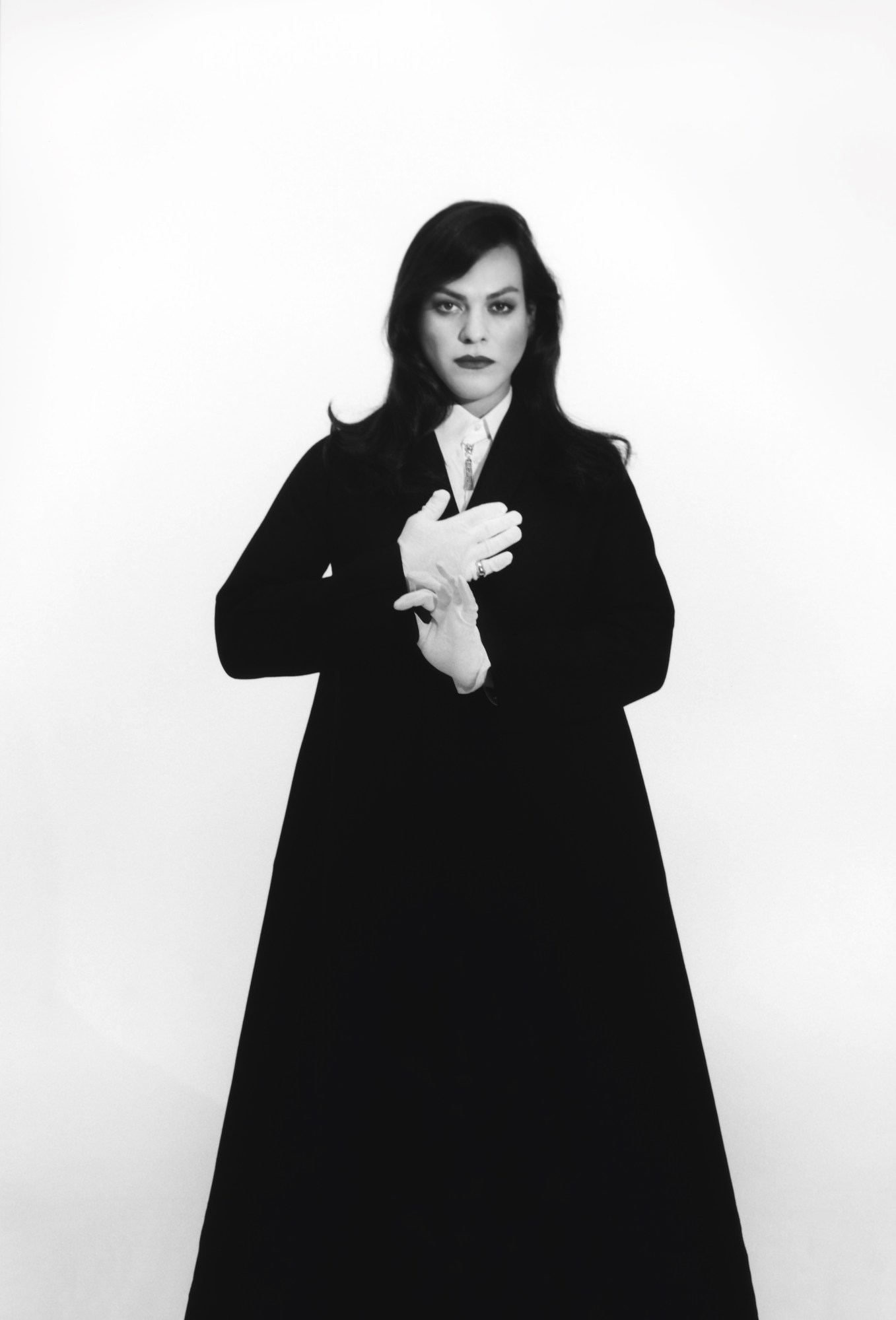
Through it all, A Fantastic Woman is grounded in the reality of a trans woman’s experience. This originates from the organic way in which the film emerged. On the back of the international success of his 2013 film Gloria, Sebastián Lelio asked Daniela to act as consultant on his next project. “He was trying to understand how a trans person exists in their daily life,” Daniela says. By the time he’d completed his script three years later, Sebastian had decided she should also play the lead role.
Daniela Vega knew from a young age that she wanted to be an artist, not necessarily an actress. Opera was her gateway drug, picked up from her grandmother who, although blind, taught Daniela to see music, “to see sound as images. When you can read a score,” the actress explains, “it has a lot of poetry.”
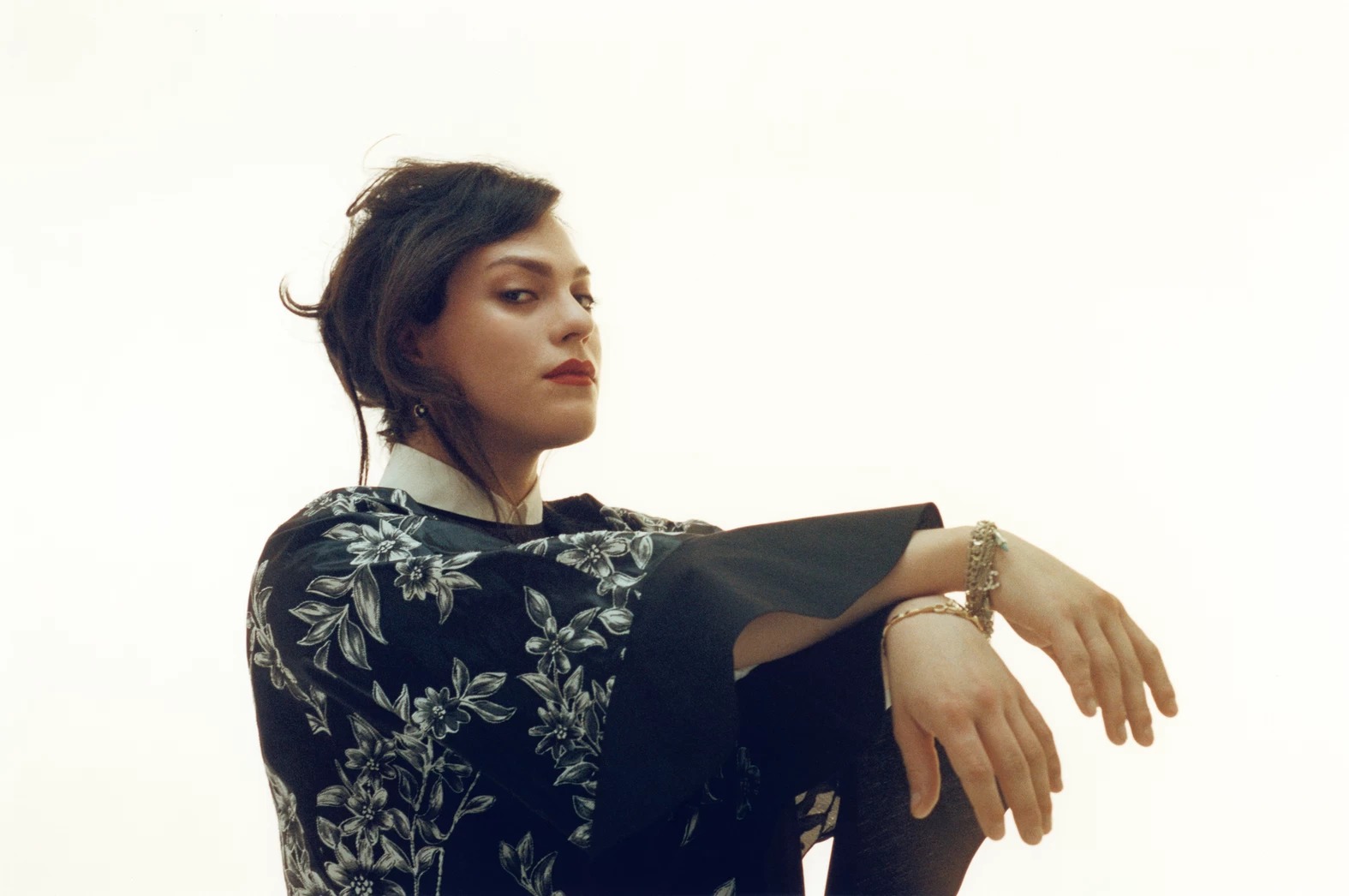
Music of a different stripe entered the foray in Daniela’s teenage years, songs that provided the soundtrack to a dramatic personal change. After years of confusion she realised she wasn’t gay but transsexual, and songs helped to guide her. “When I started my process of transition I began listening to a lot of glam music: David Bowie, Annie Lennox. People that were very androgynous,” she explains. “When I was 13 I started to listen to this music, and when I was 13 I started to transition. It lasted until I was 17. I had a very young transition.” She stops for a moment, then laughs. “And I paid for everything that I had to pay for!”
Bowie was a symbol of irreverence and rebellion for the young Daniela. “Music might’ve taken me by the hand, but what led me to make the transition was the necessity to carry on living, ” she says. Her friends and family were always supportive but it was art – in all its different manifestations – that proved decisive. “If I’d not taken the path I took a long time ago I wouldn’t be alive,” she states quite simply. “I’m sure that art saved my life.”
That said, the path since has not been easy. Committed to the idea of being an artist, as a trans person Daniela initially found it challenging to get work. A classically trained opera singer, at 20 she quit altogether and fell into a year-long depression. A friend persuaded her to join a theatre workshop, where she lent her make-up skills, and eventually began acting.
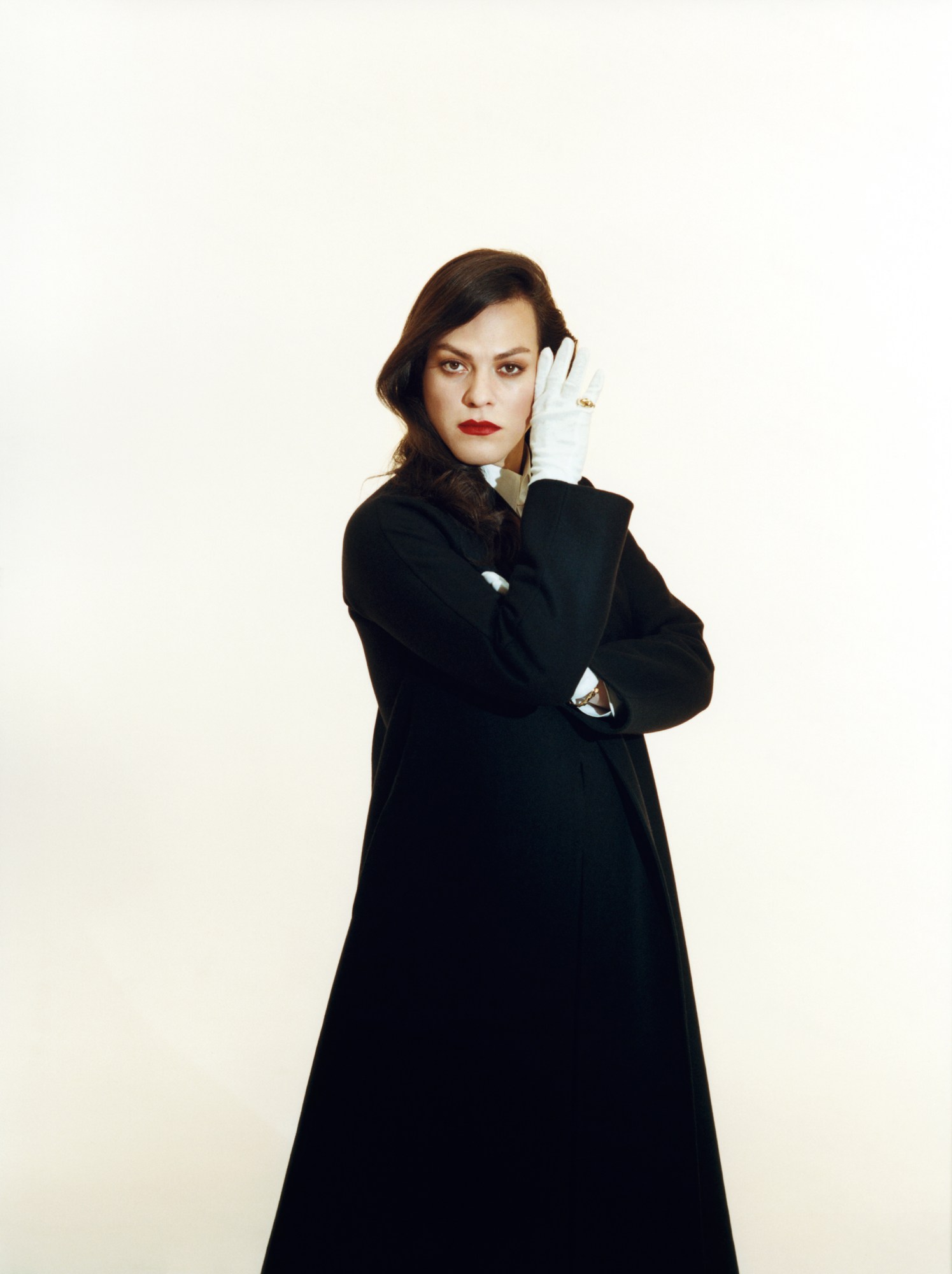
Daniela’s natural talent for performance was emerging. A theatre director wrote a monologue, The Butterfly Woman, inspired by her life, and which continues to run in Santiago to this day. In 2014, the filmmaker Mauricio López Fernández offered her a role in his film La Visita. “I always wanted to be an artist but I didn’t know how,” Daniela says of her journey. “Then suddenly everything came together with the right people at the right moment and it happened.”
She has certainly found her moment. A Fantastic Woman, she says, is one of the most difficult things she has ever done, because it meant working with a leading light of contemporary Chilean cinema and the cream of her native country’s acting talent whom she, as the protagonist, had to lead. Still, none of it frightened her. It certainly did not stop her from delivering an authentic, complex and ambiguous performance, and one that should put to bed any arguments against trans folk representing themselves on screen. “I’m not scared of challenges,” Daniela says finally, of her experience in bringing such a fantastic trans woman to screen. “It is something very rich to represent.”
Credits
Photography Hanna Moon
Styling Max Clark
Hair Shon at Julian Watson agency using Bumble and bumble. Make-up Lotten Holmqvist at Management Artists using M.A.C Cosmetics. Photography assistance Dexter Lander and Julie Greve. Styling assistance Joe Palmer. Make-up assistance Mattie White. Production Elise Lebrun at D and V Management.
